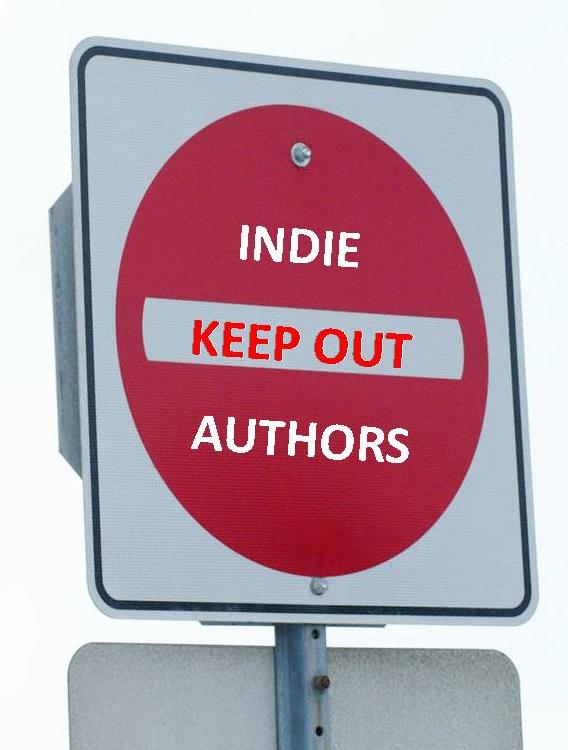 There’s been a discussion in the media over the past couple of weeks about students on some college campuses calling for trigger warnings on their course syllabi.
There’s been a discussion in the media over the past couple of weeks about students on some college campuses calling for trigger warnings on their course syllabi.
The term trigger warning, in case you managed to miss the excitement, is defined most narrowly as a notification that what you’re about to read (or see or hear) might cause flashbacks or panic attacks in someone who suffers from post-traumatic stress disorder. The practice of labeling such content apparently began in feminist and self-help forums. Since then, it has spread – even some media outlets now use them – and the initial definition has broadened to include everything from rape and murder to colonialism and (I kid you not) animals in wigs. Continue reading “Fair Warning?”

 Like many folks, I spend a lot of time on Facebook (probably more than is good for me, actually). And like many authors and other small business owners, I’ve become frustrated with Facebook’s pay-to-inform-your-followers setup and have thought about moving house to another social network – say, Google Plus.
Like many folks, I spend a lot of time on Facebook (probably more than is good for me, actually). And like many authors and other small business owners, I’ve become frustrated with Facebook’s pay-to-inform-your-followers setup and have thought about moving house to another social network – say, Google Plus. The indie-author blogosphere (you didn’t know we had one, did you?) lit up this week with fallout from an article Hugh Howey wrote about the
The indie-author blogosphere (you didn’t know we had one, did you?) lit up this week with fallout from an article Hugh Howey wrote about the 